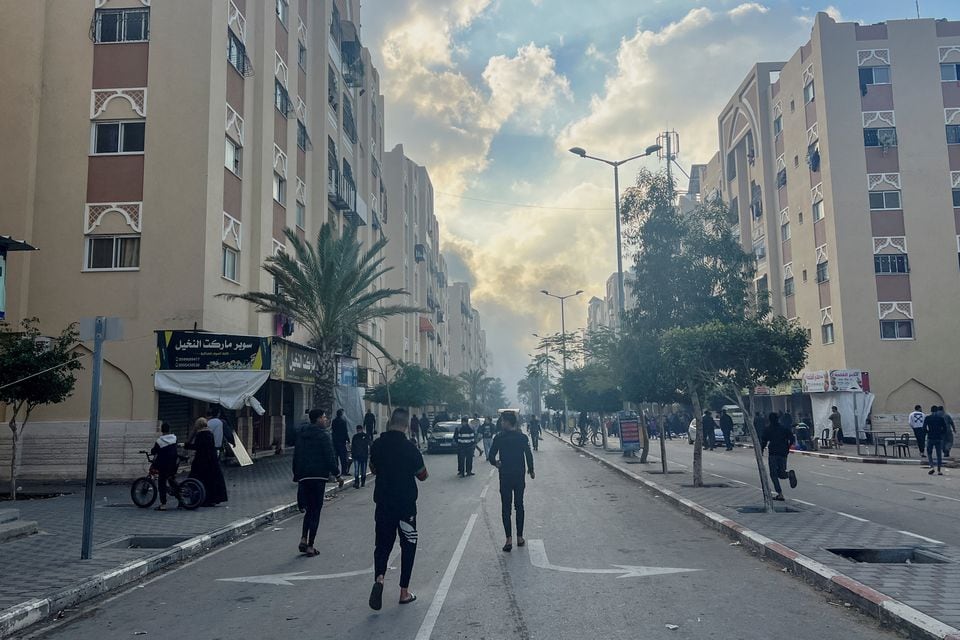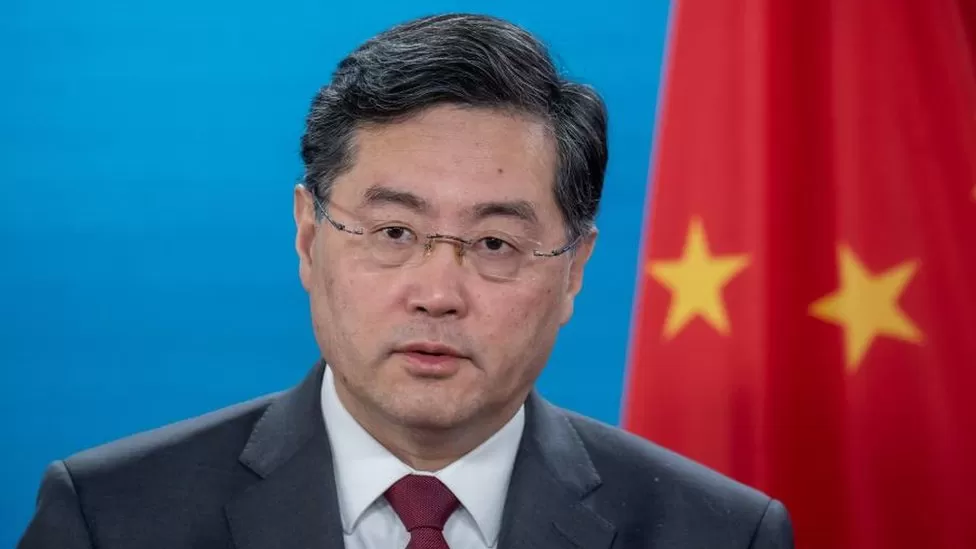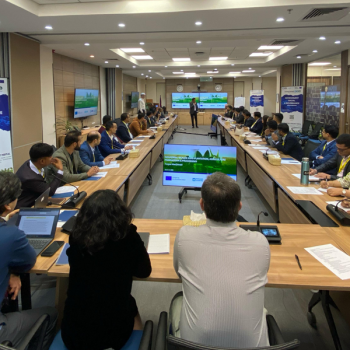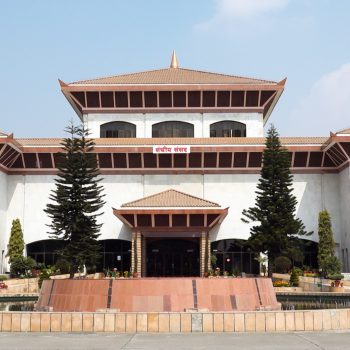China’s economy brakes sharply in Q2, global risks darken outlook
 NepalPress
NepalPress
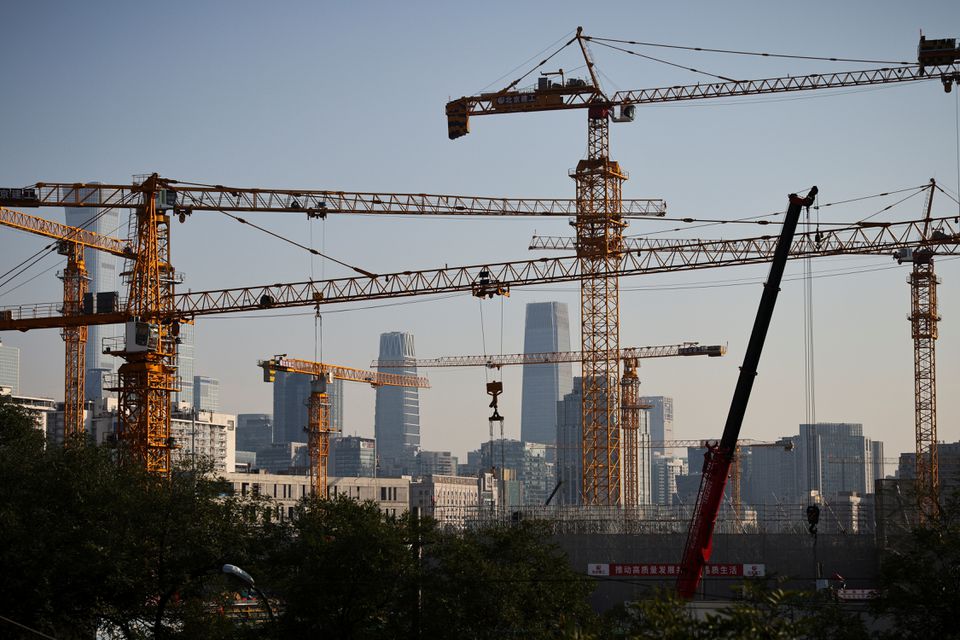
China’s economic growth slowed sharply in the second quarter, highlighting the colossal toll on activity from widespread COVID lockdowns and pointing to persistent pressure over coming months from a darkening global outlook, Reuters reported.
Friday’s frail data adds to fears of a global recession as policymakers jack up interest rates to curb soaring inflation, heaping more hardship on consumers and businesses worldwide as they grapple with challenges from the Ukraine war and supply chain disruptions.
Gross domestic product in the April-June quarter grew a tepid 0.4% from a year earlier, official data showed on Friday. That was the worst showing for the world’s second-biggest economy since the data series began in 1992, excluding a 6.9% contraction in the first quarter of 2020 due to the initial COVID shock.
It also missed forecast of a 1.0% gain in a Reuters poll of analysts and marked a sharp slowdown from 4.8% growth in the first quarter.
On a quarter-on-quarter basis, GDP fell 2.6% in the second quarter from the previous quarter, compared with expectations for a 1.5% decline and a revised 1.4% gain in the previous quarter.
“China’s economy has stood on the edge of falling into stagflation, although the worst is over as of the May-June period. You can rule out the possibility of a recession, or two straight quarters of contraction,” said Toru Nishihama, chief economist at Dai-ichi Life Research Institute in Tokyo.
“Given the tame growth, China’s government is likely to deploy economic stimulus measures from now on to rev up its flagging growth, but hurdles are high for PBOC to cut interest rates further as it would fan inflation which has been kept relatively low at present.”
Full or partial lockdowns were imposed in major centres across the country in March and April, including the commercial capital Shanghai, which saw a year-on-year contraction of 13.7% in GDP in the second quarter. Output in the capital Beijing shrank 2.9% year-on-year in the same quarter.
While many of those curbs have since been lifted, and June data offered signs of improvement, analysts do not expect a rapid economic recovery. China is sticking to its tough zero-COVID policy amid fresh flare-ups, the country’s property market is in a deep slump and the global outlook is darkening.
The imposition of new lockdowns in some cities and the arrival of the highly-contagious BA.5 variant have heightened concerns among businesses and consumers about a prolonged period of uncertainty.
For the first half of the year, GDP grew 2.5% from a year earlier.
Chinese stocks (.CSI300) rose briefly before turning down, while the yuan fell to a 2-month low on the weak GDP report.
FULL-YEAR TARGET BEYOND REACH
China has been ramping up policy support for the economy, although analysts say the official growth target of around 5.5% for this year will be hard to achieve without doing away with its strict zero-COVID strategy. A Reuters poll forecast 2022 growth to slow to 4%.
Many believe room for the central bank to ease policy further could be limited by worries about capital outflows, as the U.S. Federal Reserve, and other economies, aggressively raise interest rates to fight soaring inflation.
China’s rising consumer inflation, though not as hot as in other major economies, also may add to constraints on monetary policy easing, analysts said.
“We believe markets have become overly optimistic about growth in H2,” Nomura analysts said.
Data on June activity, also released Friday, showed that China’s industrial output grew 3.9% in June from a year earlier, quickening from a 0.7% rise in May.
Fixed asset-investment, a driver Beijing is counting to shore up growth, grew by a better than-expected 6.1% in the first six months of the year from a year earlier, compared with a 6.2% jump in January-May.
Retail sales also improved, up 3.1% year-on-year in June and marked the quickest growth in 4 months, after authorities lifted a two-month lockdown in Shanghai. Analysts had expected flat growth after May’s 6.7% drop.
“Retail growth indicates that lockdowns have been the primary drag on consumption,” said Jacob Cooke, CEO of WPIC Marketing + Technologies, in Beijing.
“Consumers are still harbouring some uncertainty about lockdowns, but with indications that future lockdowns won’t be as strict, we’re optimistic that consumption will continue to recover in H2.”
PROPERTY FEARS
However, challenges abound for consumers and businesses.
The employment situation remained fragile. The nationwide survey-based jobless rate eased to 5.5% in June, from 5.9% in May – in line with the government’s target. But youth unemployment climbed to a record of 19.3% in June.
A shaky recovery in China’s capital-starved property sector is being pressured further by a growing number of homebuyers across the country halting mortgage payments until developers resume construction of pre-sold homes.
Data on Friday showed that home prices growth stalled in June on a monthly basis, while property investment contracted for a fourth month and sales extended their declines by another whopping 18.3%.
Policymakers have pledged to help local governments deliver property projects on time, and plan to boost spending on infrastructure to revive the economy. Still, the headwinds to growth suggest a hard grind ahead.
“Even with some massaging of the figures, it’s hard to see how the government’s target of ‘around 5.5%’ growth this year can be attained,” Julian Evans-Pritchard, senior China economist, at Capital Economics said.
“That would take a huge acceleration in the second half of this year, which is unlikely.”




